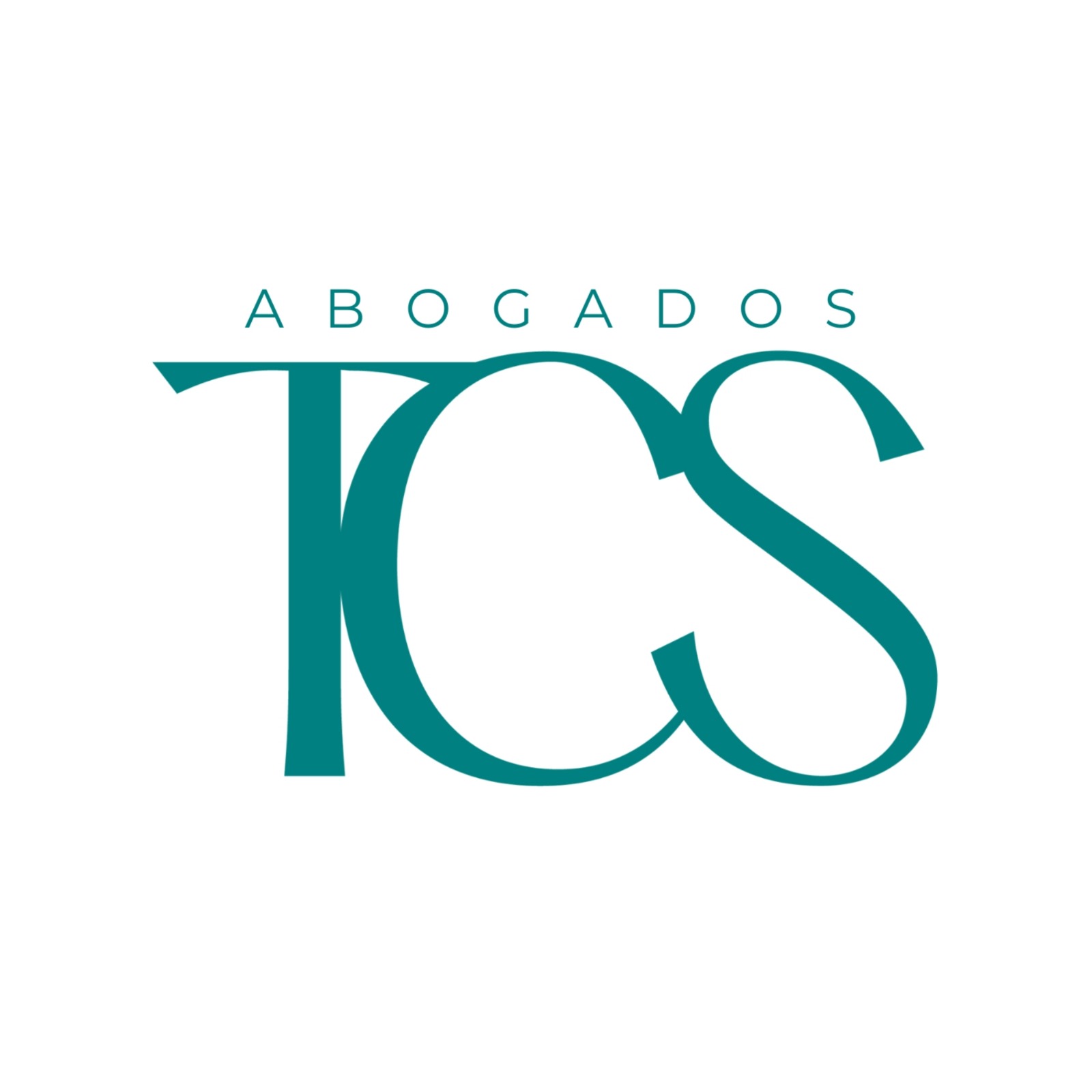Best Juvenile Law Lawyers in Santo Domingo
Share your needs with us, get contacted by law firms.
Free. Takes 2 min.
List of the best lawyers in Santo Domingo, Dominican Republic
About Juvenile Law in Santo Domingo, Dominican Republic:
Juvenile Law in Santo Domingo, Dominican Republic, is a branch of law that specifically deals with legal matters involving minors who are under the age of 18. This area of law focuses on the rights, responsibilities, and protections afforded to children and adolescents within the legal system. Juvenile Law aims to ensure that young individuals are treated fairly and effectively in legal proceedings.
Why You May Need a Lawyer:
There are several situations where you may require a lawyer specializing in Juvenile Law in Santo Domingo. Some common reasons include: - Juvenile criminal offenses - Custody and visitation disputes - Emancipation petitions - Dependency and neglect proceedings - Education law matters
Local Laws Overview:
In Santo Domingo, Dominican Republic, several key laws govern Juvenile Law, including the Code for the Protection and Fundamental Rights of Children and Adolescents. This law outlines the rights and responsibilities of minors and addresses issues related to juvenile justice, welfare, and protection. Additionally, the Family Code and various international treaties also play a significant role in shaping Juvenile Law in Santo Domingo.
Frequently Asked Questions:
1. What are the rights of minors in juvenile proceedings?
Minors in juvenile proceedings have the right to legal representation, privacy, and protection from harm.
2. Can a minor be tried as an adult in Santo Domingo?
In some cases, minors may be tried as adults for serious criminal offenses.
3. What is the role of the juvenile court in Santo Domingo?
The juvenile court handles cases involving minors, including delinquency, dependency, and neglect matters.
4. How can I file a petition for emancipation as a minor?
To file a petition for emancipation, you must meet certain criteria and seek legal assistance.
5. What are the consequences of juvenile delinquency in Santo Domingo?
Juvenile delinquency can lead to various consequences, including counseling, probation, or placement in a juvenile detention center.
6. Can parents be held legally responsible for their child's actions in Santo Domingo?
Parents may be held accountable for their child's actions in certain situations, such as negligence or failure to supervise.
7. Are there support services available for minors in Santo Domingo?
Yes, there are various support services available for minors, including counseling, education programs, and rehabilitation services.
8. How can I appeal a decision in juvenile court?
You can appeal a decision in juvenile court by following the proper legal procedures and seeking representation from a lawyer.
9. What rights do minors have in custody and visitation disputes?
Minors have the right to a safe and supportive living environment and meaningful relationships with their parents or guardians.
10. How can I access legal aid for Juvenile Law matters in Santo Domingo?
You can contact legal aid organizations or seek pro bono representation to access legal assistance for Juvenile Law matters.
Additional Resources:
For more information and resources on Juvenile Law in Santo Domingo, you can contact the National Council for the Rights of Children and Adolescents (CONANI) and the Dominican Bar Association. These organizations provide support and guidance for individuals in need of legal assistance related to Juvenile Law.
Next Steps:
If you require legal assistance in Juvenile Law in Santo Domingo, it is recommended to consult with a specialized lawyer who can provide guidance and representation in your case. You can contact local law firms or legal aid organizations to find the right lawyer for your needs.
Lawzana helps you find the best lawyers and law firms in Santo Domingo through a curated and pre-screened list of qualified legal professionals. Our platform offers rankings and detailed profiles of attorneys and law firms, allowing you to compare based on practice areas, including Juvenile Law, experience, and client feedback.
Each profile includes a description of the firm's areas of practice, client reviews, team members and partners, year of establishment, spoken languages, office locations, contact information, social media presence, and any published articles or resources. Most firms on our platform speak English and are experienced in both local and international legal matters.
Get a quote from top-rated law firms in Santo Domingo, Dominican Republic — quickly, securely, and without unnecessary hassle.
Disclaimer:
The information provided on this page is for general informational purposes only and does not constitute legal advice. While we strive to ensure the accuracy and relevance of the content, legal information may change over time, and interpretations of the law can vary. You should always consult with a qualified legal professional for advice specific to your situation.
We disclaim all liability for actions taken or not taken based on the content of this page. If you believe any information is incorrect or outdated, please contact us, and we will review and update it where appropriate.











